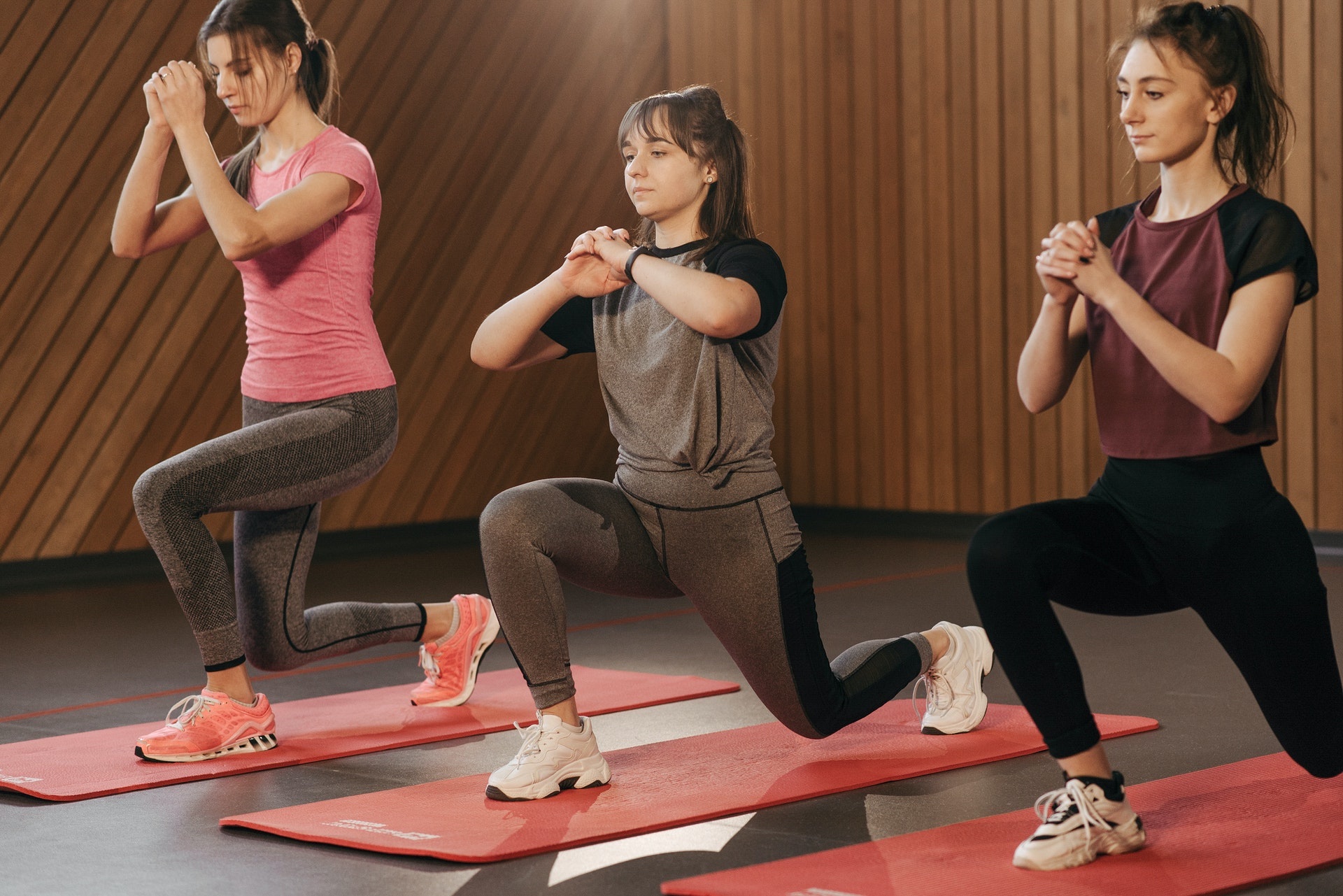
How to Stay Healthy in College by Craig Middleton offers the kind of advice that EVERY college student needs to consider. If you know anyone in college or getting ready to go next fall, be sure to share this with them. It’s also good advice for all of us not in college. Good luck and thanks, Craig.
Introduction
- Most college students arrive on campus in September feeling healthy and happy. After a month or two, lack of sleep, unhealthy food, and exposure to different viruses tend to make the end of the first semester a stressful and uncomfortable time. Here are ways to break that trend and feel great throughout the whole school year.
Sleep
- Sleep is greatly underrated. Getting enough sleep repairs cells (including brain cells) and keeps your immune system in better working order.
Unfortunately, it’s hard for college students with roommates to fall asleep as easily as they did in their own beds at home. Add to that the temptation of going out to party until the pubs close and then dragging yourself out of bed at 8 am for class. Try to keep your late-night outings to a minimum and only on the weekends. If you have trouble falling asleep the other nights of the week, there are some things you can do about it. - Most college students are using a device right up until the time they go to bed. The blue light emitted from phones, tablets and laptops make your brain think it’s time to wake up. There are several remedies for this. The most obvious one is to do something else before bed. Stay off any devices and read a book or listen to music until you’re sleepy.
- Think about what color light helps you sleep if blue keeps you awake. If you just can’t break the online habit, turn your screens to night mode. This will send amber light to your brain instead of blue light. You can also wear pink or red-tinted glasses while online at night. Another option is to invest in a red light device. It can establish a healthy circadian rhythm and can even be used in an ambient mode to put you to sleep.
- As for “all-nighters” before tests, even if all of your friends decide to stay up all night studying before a test, it isn’t the best idea and you shouldn’t do it. Sleep will give you a better test-taking advantage and your brain can only remain in study mode for a certain amount of time. After that, it needs a rest and will stop retaining information. Doing some studying every day, taking regular study breaks, and getting enough sleep is the way to ace a test.
Food
- College cafeteria food is improving although it will still probably need to be supplemented to help you stay your healthiest. Traditionally cafeteria food has been carb-heavy and contributes to the “freshman fifteen”, the number of pounds the average freshman gains during their first year at college.
After all, no one is encouraging you to eat your broccoli anymore. If you can’t find any healthy organic fruit and vegetable options on campus, there are three things you can do. The first is to get together some like-minded students and ask for more organic options. The second is to supplement on your own but this can be expensive. The third is to ask your parents to send you vitamin supplements.

Stress and Exercise
- Some doctors maintain that there are no real illnesses, only stress. What they mean by this is that your body should be able to fight off whatever germs come your way. However, if you are stressed out, your body’s defenses won’t work as well as they should and you might get sick. Try getting rid of your stress and see how much better you feel. A lot of campuses offer therapy dog programs where you can sit and pet a dog for as long as you want. After a session, you will feel much more relaxed.
- (Doug) Regular exercise will also help reduce stress. You probably know that you should exercise. Rather than waiting for time to exercise to show up, schedule your daily exercise and stick with it. I do it first thing in the morning prior to breakfast. Many college campuses require a lot of walking, which is good exercise. Use your phone to track your daily steps and check it every day to make sure you are reaching your goal. Mine is 10,000. Most colleges have first-rate workout facilities so be sure to use them. They should give you access to a trainer who can help you set up an exercise routine designed to fit your goals and abilities. Try running and look for opportunities to run with others and sign up for local fun runs.
- Some campuses also offer yoga and meditation classes and might even supply massage therapists during especially stressful times of the year. Being sick and stressed out are not inevitable conditions at college. Also, since COVID is still around, get vaccinated and stay away from crowded situations like parties. This will also reduce the likelihood of binge drinking. Take care of yourself and you will be able to enjoy these years and graduate with no regrets.
DrDougGreen.com If you like the summary, buy the book





